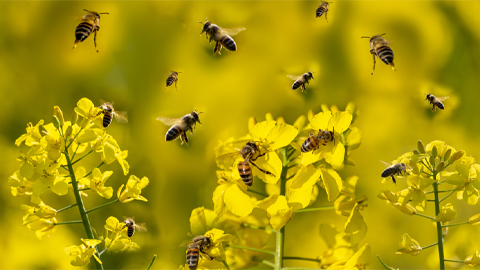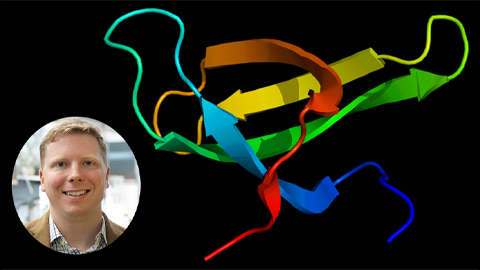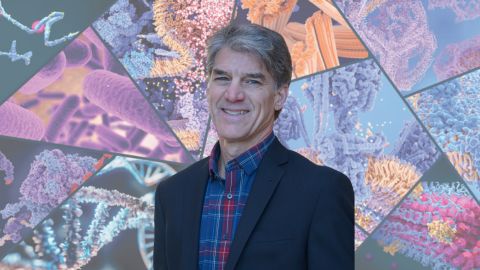A genetic analysis hints at why COVID-19 can mess with smell
For many people, one of the fastest tip-offs that they have COVID-19 is the loss of taste or smell. Now researchers have pinpointed some genetic variants in people that may make it more likely that the coronavirus might rob them of these senses.

A study of nearly 70,000 adults with COVID-19 found that individuals with certain genetic tweaks on chromosome 4 were 11% more likely to lose the ability to smell or taste than people without the changes, researchers report January 17 in Nature Genetics. The data come from people who’d had their DNA analyzed by genetic testing company 23andMe and self-reported a case of COVID-19.
Two genes, UGT2A1 and UGT2A2, that help people smell reside in the region of chromosome 4 linked to sensory loss during infection, epidemiologist Janie Shelton of 23andMe and colleagues found. Both genes make enzymes that metabolize substances called odorants, which produce distinctive smells.
Studies suggest that loss of smell, a hallmark symptom of COVID-19, stems from infections taking hold in smell-supporting cells called sustentacular cells. It’s possible that the genetic variants near UGT2A1 and UGT2A2 could affect how the two genes are turned on or off to somehow mess with smell during an infection, Shelton says.
The team combined loss of smell and taste in one survey question so the study can’t parse whether the genetic variants are involved in the loss of one sense over the other. “When you lose your taste of smell, often your taste is highly diminished,” Shelton says. Taste can also go away without loss of smell.
Some people have a sustained loss of smell, even after the coronavirus leaves their bodies, Shelton says. Understanding how the virus snuffs out sniffing ability could help researchers find ways to bring it back.
This story was originally published by Science News, a nonprofit independent news organization.
Enjoy reading ASBMB Today?
Become a member to receive the print edition four times a year and the digital edition weekly.
Learn moreGet the latest from ASBMB Today
Enter your email address, and we’ll send you a weekly email with recent articles, interviews and more.
Latest in Science
Science highlights or most popular articles

Becoming a scientific honey bee
At the World Science Forum, a speaker’s call for scientists to go out and “make honey” felt like the answer to a question Katy Brewer had been considering for a long time.

Mutant RNA exosome protein linked to neurodevelopmental defects
Researchers at Emory University find that a missense mutation impairs RNA exosome assembly and translation and causes neurological disease.

Study sheds light on treatment for rare genetic disorder
Aaron Hoskins’ lab partnered with a drug company to understand how RNA-targeting drugs work on spinal muscular atrophy, a disorder resulting from errors in production of a protein related to muscle movement.

Examining mechanisms of protein complex at a basic cell biological level
Mary Munson is co-corresponding author on a study revealing functions and mechanisms of the exocyst that are essential to how molecules move across a membrane through vesicles in a cell.

Breaking through limits in kinase inhibition
Paul Shapiro, the first speaker on ASBMB Breakthroughs, a new webinar series highlighting research from ASBMB journals, discussed taking ideas and discoveries from basic science research toward clinical applications.

How opposing metabolic pathways regulate inflammation
Researchers use cybernetics to understand what happens when two acids produced by macrophages compete for binding sites on the enzyme that converts them to active products.

